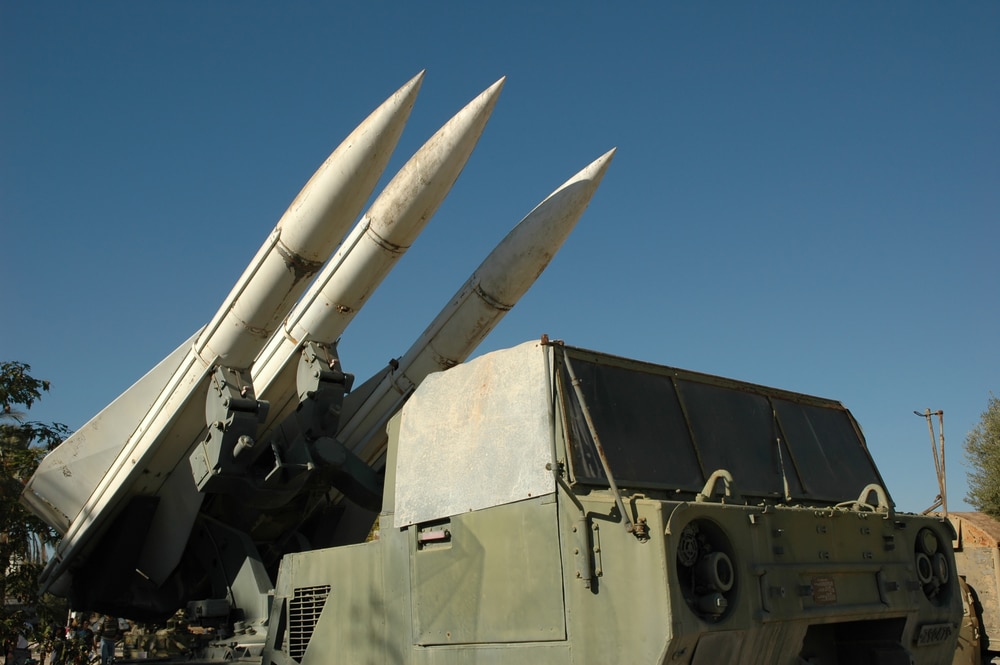Rocket Attacks By Hezbollah
In the ongoing fighting in northern Israel between the Israeli Defence Forces and Hezbollah, Rachel Wiesel of Kibbutz Sasa talks about the morning she saw the first anti-tank missile hit the village. Initially, she thought the sound was from Israeli Defence Force artillery shooting in the direction of Lebanon.
However, she noticed that on that particular day, there was a noticeable difference: the sound was coming from a different area and was coming from a closer distance. She reported hearing a whistle with a high pitch, and then an explosion followed.
Hezbollah launched a guided missile of the Kornet type intended to counter tanks, which struck the Kibbutz’s concert hall, breaking through the window and seriously damaging the interior.
The Kibbutz native’s narrative is similar to that of the town of Kiryat Shmona, in which community members had to be evacuated by the authorities following the attack.
Impact On Communities In Israel’s Northern Region
Artillery rounds and rockets fell on the fields of Kibbutz Sasa, two kilometers from the Lebanese border, since the start of Israel’s battle with Hamas. Wiesel left Sasa, like many other people, during the October 7 massacre in the South, but she later came back.
Dubbed “evacuation refusers,” most of them were elderly citizens, and a small number of North American evacuees returned home. Wiesel mentioned that being a refugee within your own country is challenging, emphasizing the discomfort of being displaced from home.
She described the struggle of constantly adapting to a new environment and relying on TV as one of her toughest experiences. Eventually, she and her partner decided to return home due to the comfort and familiarity of their own space. Wiesel hinted at the possibility of revisiting the decision in the future.
Yoni Zoran’s family left Sasa, yet he chose to stay behind as he was responsible for Kibbutz’s vehicles. He also said he would remain as long as he could contribute.
However, if the situation worsens, he would have to depart. Similarly, Eric Kaminer, Sasa’s emergency standby squad leader, remained at home even though his family had left the town.
Luckily, the Kibbutz only suffered significant damage to its stone walls and chairs when the object struck it. Suppose the missile had struck outside of the music venue, the petting zoo, a crucial place within the town, would have been impacted.
It is worth noting that Eric Kaminer’s father, Yitzhak Kaminer, who was a well-known paratrooper officer, was the one who initially established the petting zoo. Along with other individuals, this distinguished paratrooper is a stand-in for the current lack of initiative that exists in a number of Northern states.
Challenges And Call For Action
Meanwhile, Residents of the village have expressed their dissatisfaction with Hezbollah’s continued attacks and the fact that the majority of the community has been evacuated.
They have also accused the authorities of not taking quick action. The absence of a response was criticized by Kaminer, who asserted that Israel is no longer imposing its will on the North.
Although Wiesel does not have any complaints about the protection provided by the Israeli Defence Forces (IDF), she still wants the IDF to be more proactive. The primary reason why Eric Kaminer is returning to Sasa is to tend to his kiwifruit fields.
However, he will also be returning to the emergency standby squad. Data shows that Sasa is the largest kiwifruit farmer in Israel.

